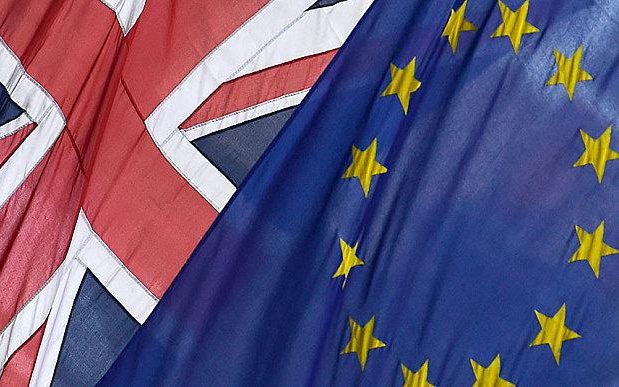Post-Brexit certification requirement clarified

Following the successful cooperation on VAT and customs, the leading European, British, and international leisure marine associations continue to provide clarity on the new post-Brexit trade relationships.
The International Council of Marine Industry Associations (ICOMIA), European Boating Industry (EBI), European Boating Association (EBA), British Marine (BM) and the Royal Yachting Association (RYA) have now issued clarification on certification requirements for second-hand boats in trade between the EU and UK post-Brexit.
In dialogue with the EU and UK authorities, key questions were raised, and clarification received. The scenarios have been confirmed by BEIS and are understood to be correct based on guidance by the European Commission.
Below are the scenarios for second-hand boats that are covered by the EU’s Recreational Craft Directive and the UK’s Recreational Craft Regulations. In cases where recertification would be required, a Post-Construction Assessment (PCA) will have to be completed. This applies from the end of the transition period (TP) on 1 January 2021.
| Scenario | Situation in 2021 | Situation in 2022 | |
| Scenario 1 · Boat in GB at end of TP · CE-marked· · Sold in GB· · Remains in GB | Would not need to be recertified | Would not need to be recertified | |
| Scenario 2 · Boat in GB at end of TP · CE-marked · Imported to EU27 | Would need to be recertified | Would need to be recertified | |
| Scenario 3 · Boat in EU27 at end of TP · CE-marked · Sold in EU27 · Remains in EU27 | Would not need to be recertified | Would not need to be recertified | |
| Scenario 4 · Boat in EU27 at end of TP · CE-marked · Imported to GB | Would not need to be recertified | Would not need to be recertified | |
| Scenario 5 In GB sold to EU end user, but: · First sale in EU-27 (not GB market), (CE-marked, bought by EU citizen, registered, and used in EU) · Second sale to GB before 1 January 2021 · Subsequent sale back to EU | Would not need to be recertified (but proof required by national authorities) | Would not need to be recertified (but proof required by national authorities) |
Further clarifications are being sought from BEIS and the European Commission related to trade with Northern Ireland.
“We are delighted to continue the positive cooperation on another important issue for industry and boaters,” says Philip Easthill, secretary general of EBI. “We hope that despite the additional barriers for second-hand boats, the clarification on VAT and now certification will facilitate trade as much as possible. Together with our partners, we will continue to work on mitigating the impact of Brexit through our advocacy channels at EU level.”
Lesley Robinson, CEO of British Marine, adds: “I am pleased that this collaborative approach between marine industry associations and governments has proved effective in receiving timely responses for our members. Whilst the agreed guidance approved by both BEIS and the EU Commission offers boat builders, brokers and consumers the clarity and reassurance required to proceed with trade, they still face impacts in terms of both time and cost when selling and buying second-hand boats cross borders. On behalf of our members, British Marine will now look to work with UK government at the reduction or removal of these new burdens.”











What about boats that were built before 1998, when RCD came into being and have up until been exempt from RCD. If they have been in the UK/EU will they still need to be certified. Eg, British flagged Moody 31 built in 1990 and has been in use within the EU/UK since and was located in the EU on 31st Dec 2020 and wishes to return to UK in 2022. Would it need to be re-certified? Same question if the direction of travel were reversed.
Good news for those with CE marked, RCD compliant boats but, what about the thousands of pre-RCD boats travelling in and out of EU & UK?